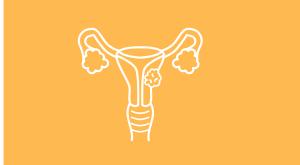
Recent development of a tool to detect early signs of cachexia, characterized by muscle loss, anorexia and weakness, in patients with cancer may help with early diagnosis, leading to better prognosis and quality of life.

Recent development of a tool to detect early signs of cachexia, characterized by muscle loss, anorexia and weakness, in patients with cancer may help with early diagnosis, leading to better prognosis and quality of life.

A new study has found that as women age, they are actually less like to have baseline bone density testing before embarking on aromatase inhibitor (AI) therapy after breast cancer treatment, even though both increasing age and AI therapy increase fracture risk in postmenopausal women.

The spotlight was on improving palliative cancer care at the opening session of the 2016 NCCN Annual Meeting, with a panel of experts stressing the importance of delivering these services earlier in the cancer care trajectory and involving teams in the effort.

A paper in Cancer Medicine finds that cancer has a devastating and age-specific impact on the finances of young adult survivors, and increased dialogue between healthcare providers and YAs has the potential to empower this population at risk for adverse financial and psychosocial outcomes, and steer them towards reputable sources of financial support.

Oral contraceptives may provide long-term protection against endometrial cancer.

Oncology practitioners now have several resources to consult for advice on genetic testing for their patients following the US Preventive Services Task Force (USPSTF) December 2013 update of its 2005 BRCA recommendations, plus new recommendations from the American Socieity of Clinical Oncology (ASCO) announced in February and published in the Journal of Clinical Oncology.

Published: August 7th 2015 | Updated:

Published: February 15th 2016 | Updated:

Published: April 1st 2016 | Updated:

Published: July 28th 2016 | Updated:

Published: November 9th 2016 | Updated:

Published: April 24th 2014 | Updated: